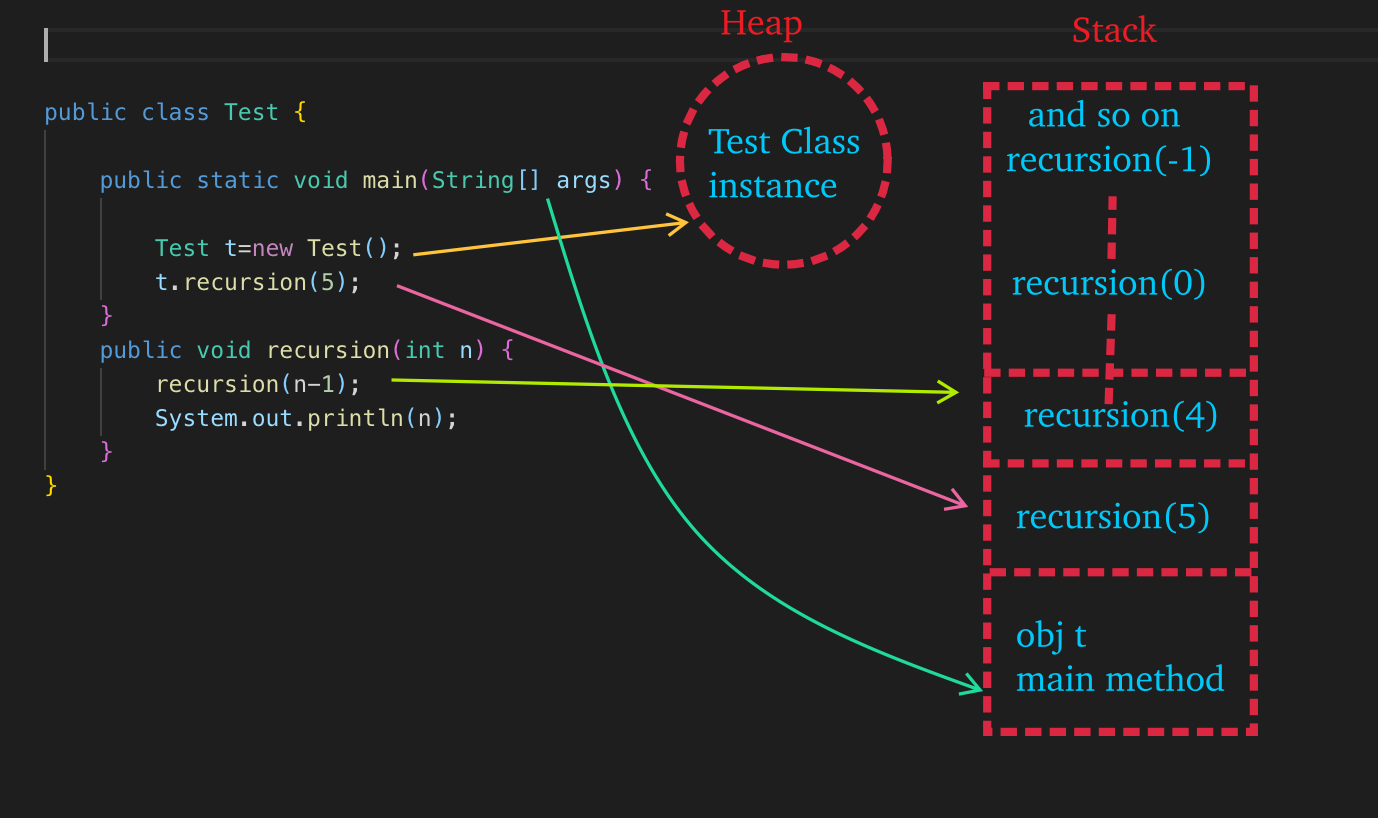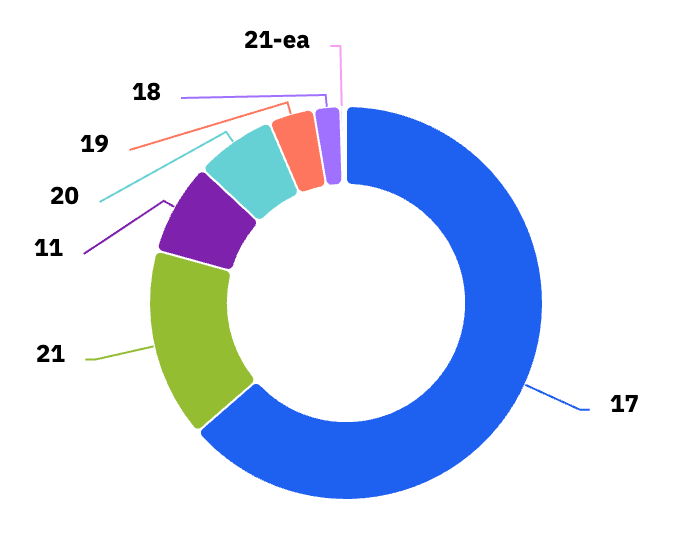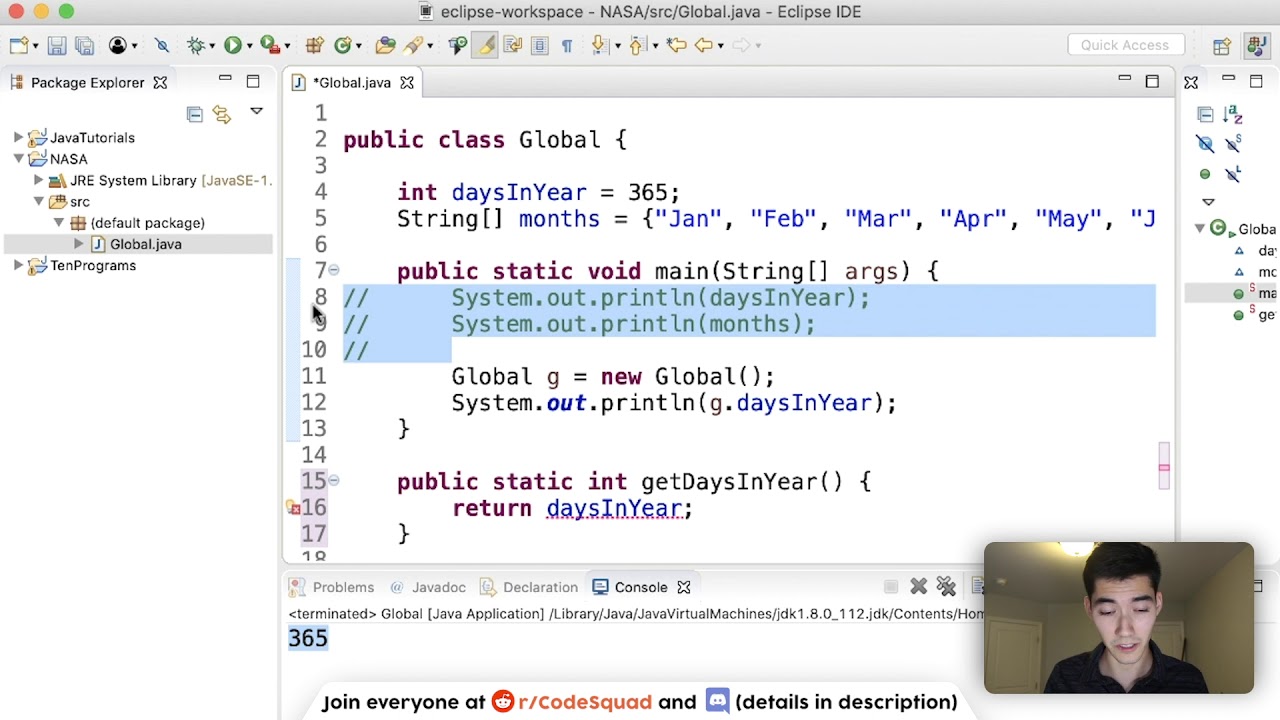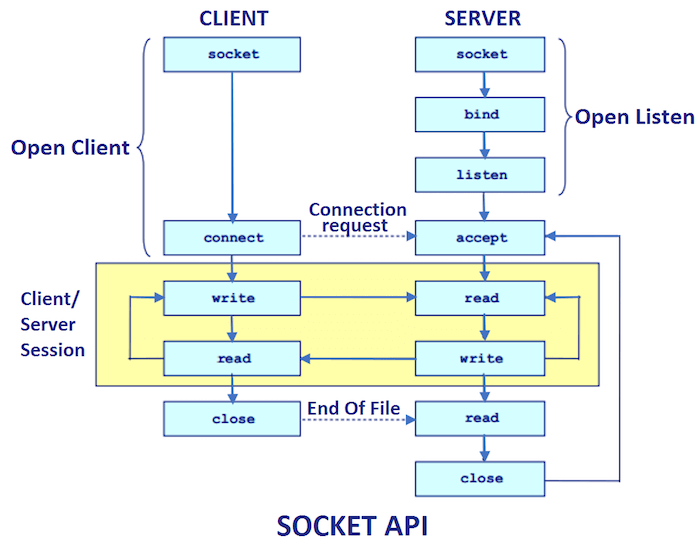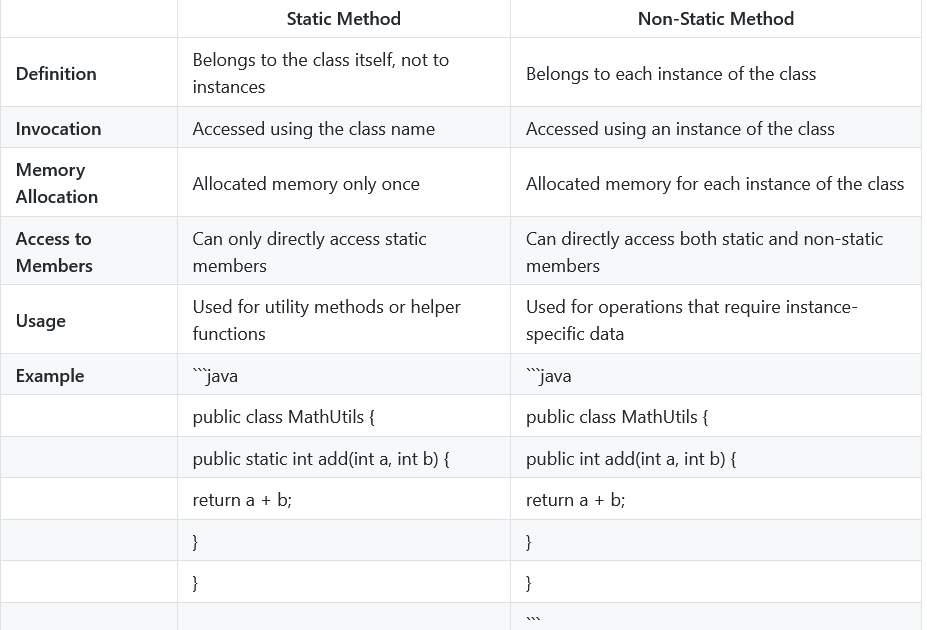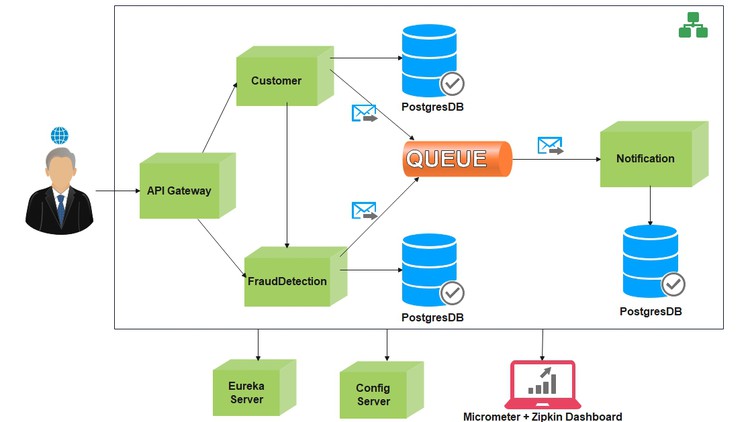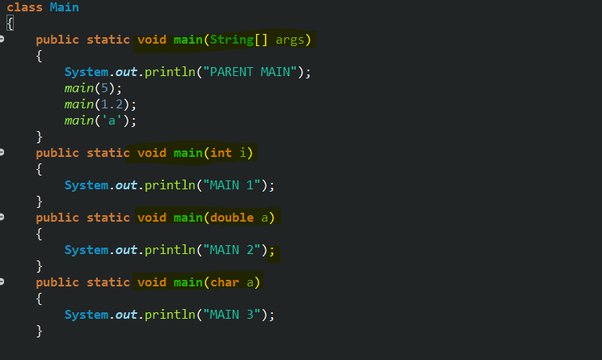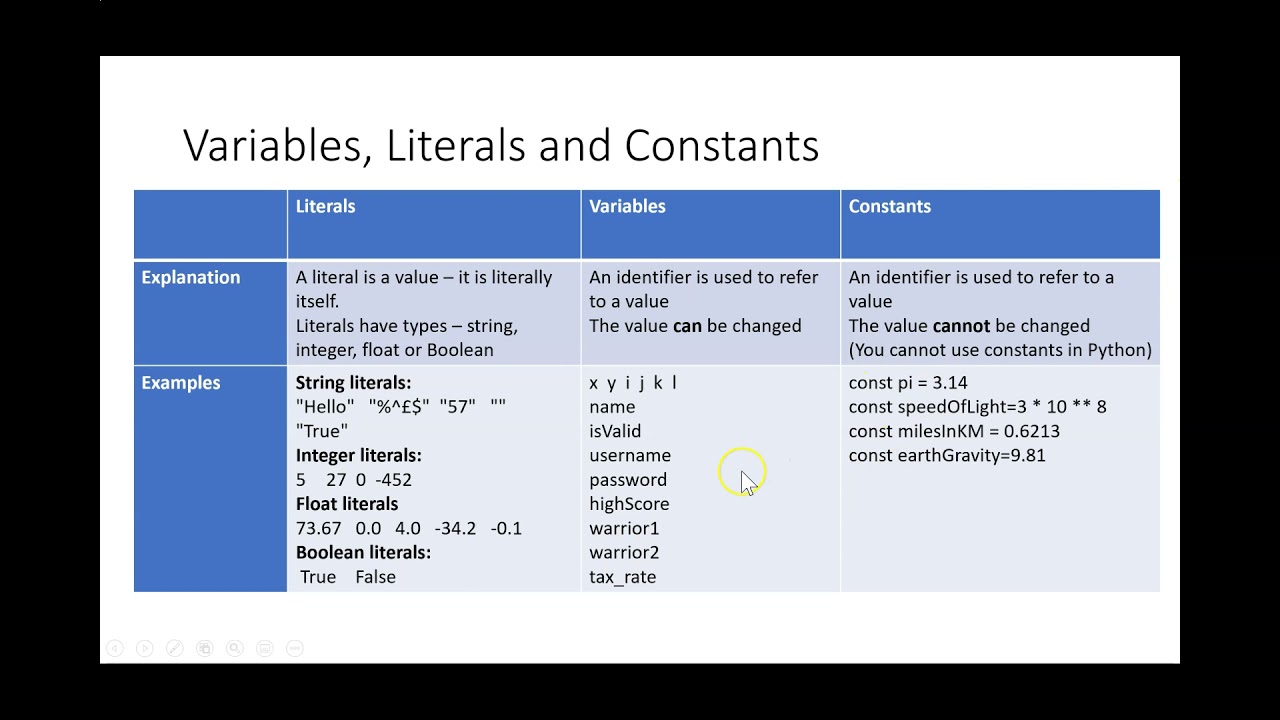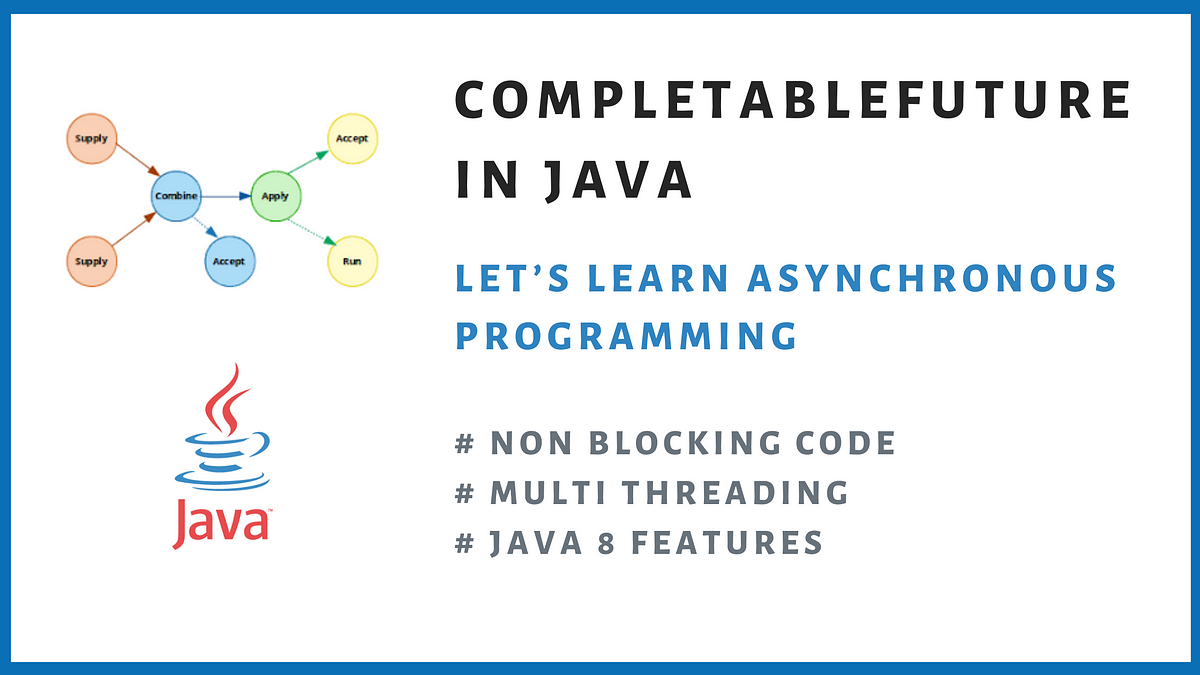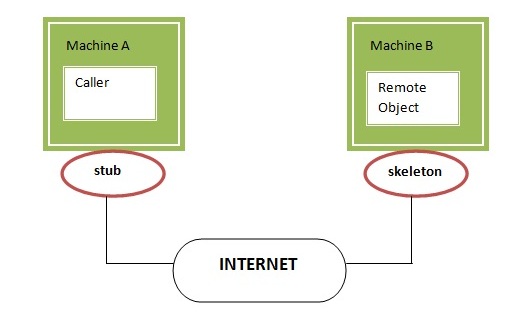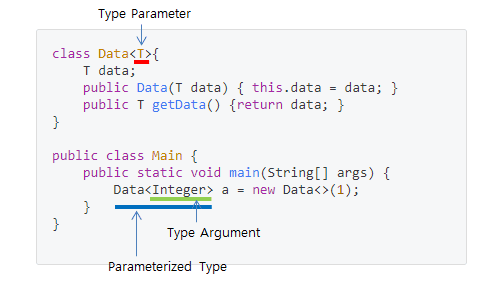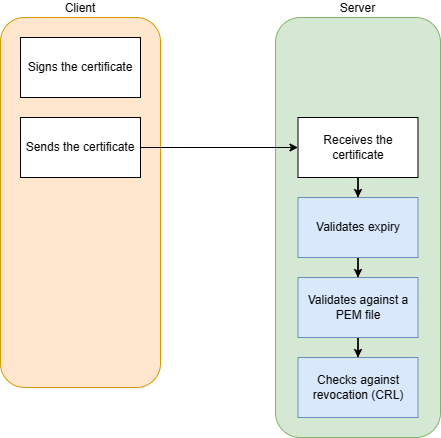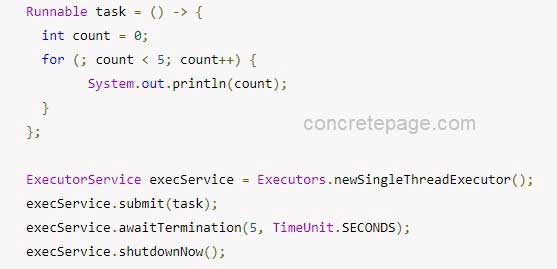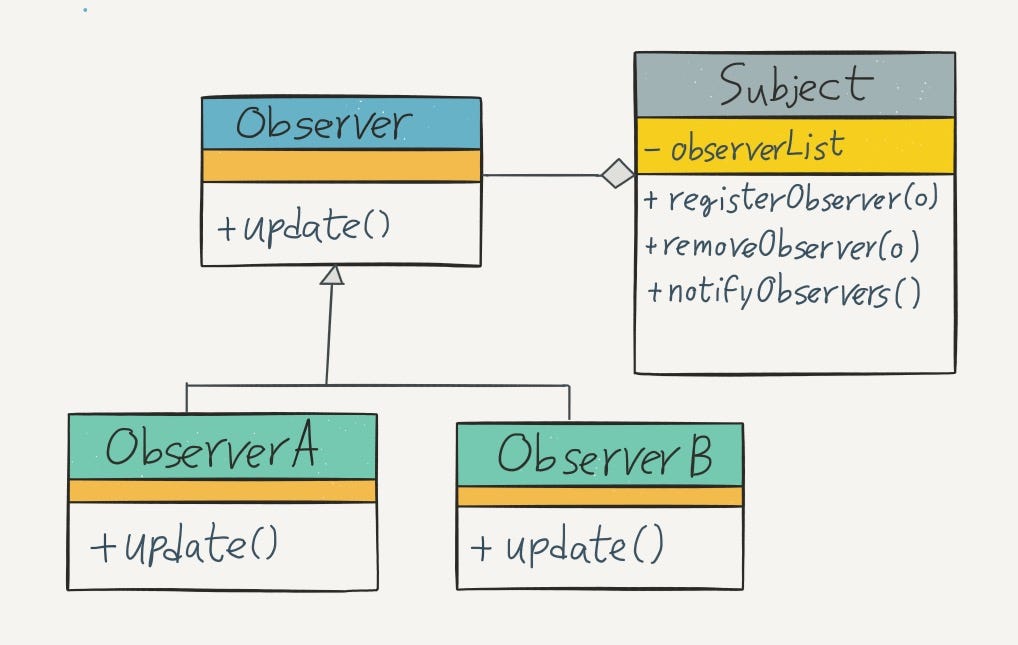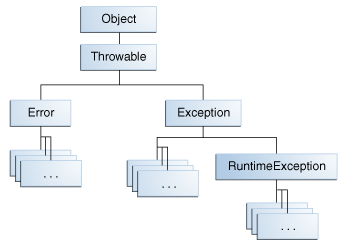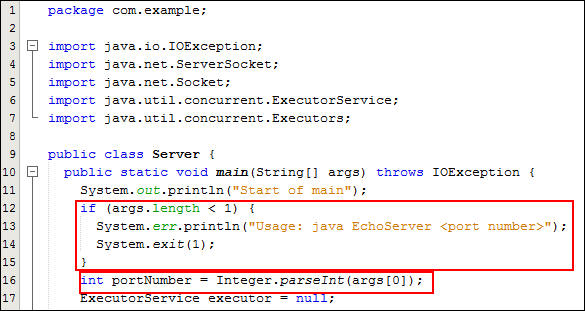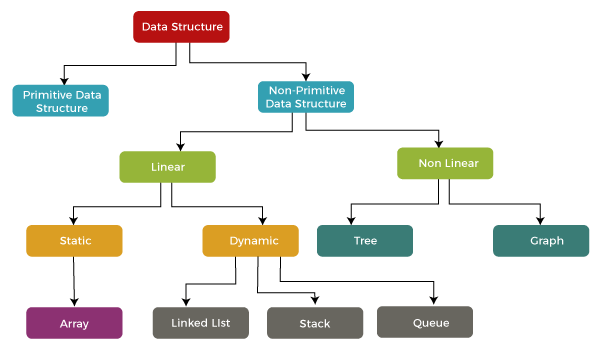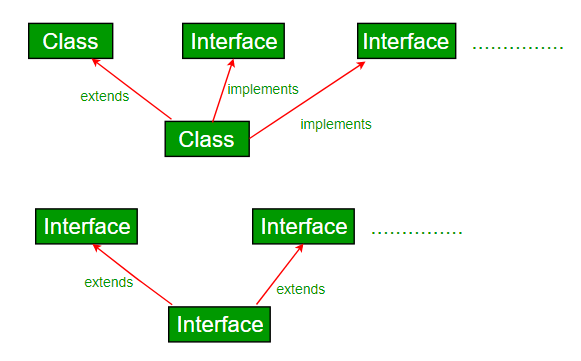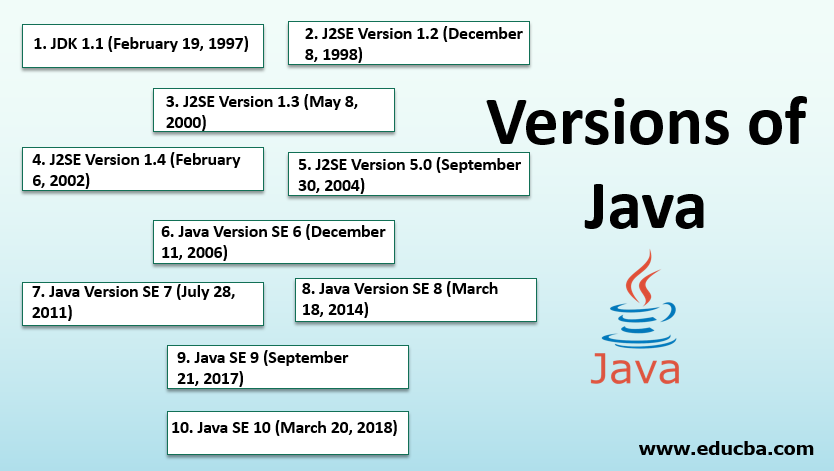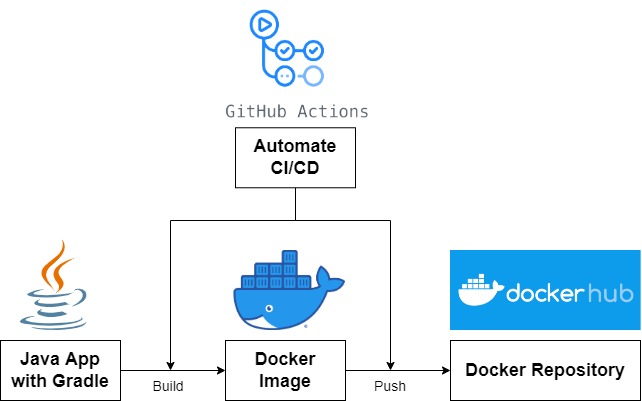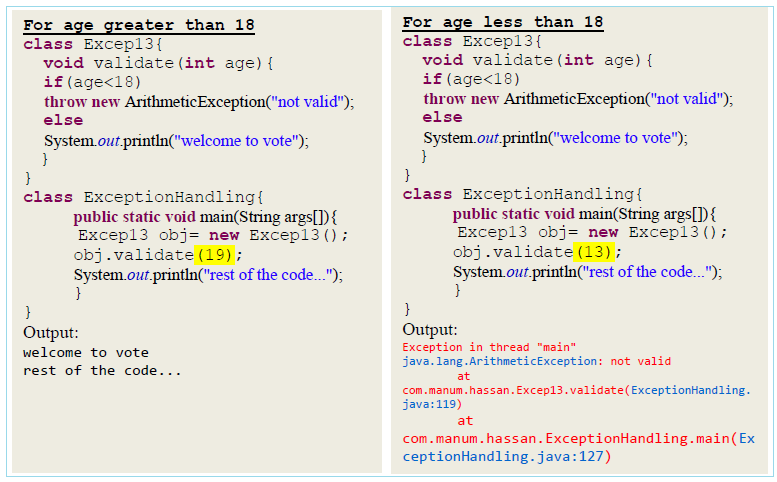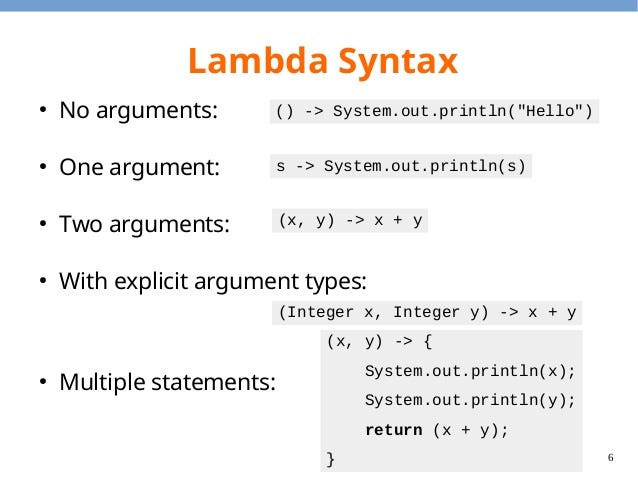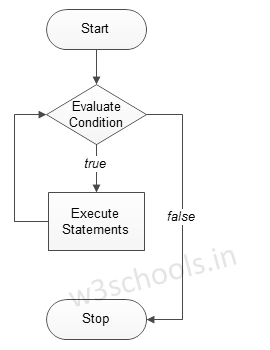Instance member in Java
Instance member in Java
I apologize for the misunderstanding earlier! Here's a response in English with an instance of a Java class:
In Java, you can create an instance of a class by using the new keyword followed by the class name. The basic syntax is as follows:
ClassInstance = new ClassName();
Let's consider a simple example where we have a class called Person with two attributes: name and age.
public class Person {
private String name;
private int age;
public Person(String name, int age) {
this.name = name;
this.age = age;
}
public String getName() {
return name;
}
public void setName(String name) {
this.name = name;
}
public int getAge() {
return age;
}
public void setAge(int age) {
this.age = age;
}
}
To create an instance of the Person class, we can do the following:
Person person1 = new Person("John", 25);
Person person2 = new Person("Jane", 30);
In this example, we are creating two instances of the Person class: person1 and person2. The constructor of the Person class is called with the arguments "John" and 25 for person1, and "Jane" and 30 for person2.
Now, let's say we want to get or set the attributes of these instances. We can do that using the getter and setter methods:
System.out.println(person1.getName()); // prints "John"
person1.setAge(26);
System.out.println(person2.getAge()); // prints 30
person2.setName("Jen");
In this example, we are getting the name attribute of person1, setting a new value for the age attribute of person1, and printing the age attribute of person2. We are also changing the name attribute of person2.
I hope this helps clarify how to create instances of classes in Java!
What is instance method in Java
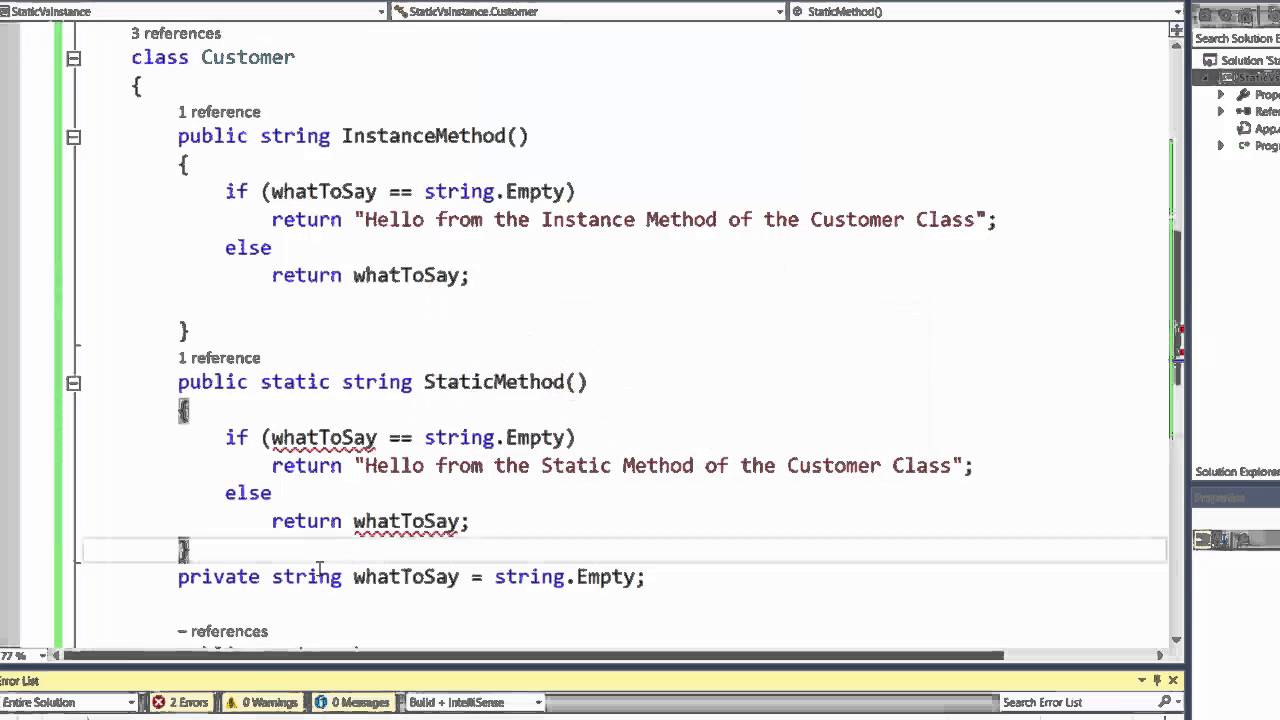
I'll respond in English this time!
Instance methods are a type of method in Java that can be executed on an object after it has been instantiated from its class. An instance method belongs to the object, meaning it operates on a specific instance of the class rather than the class itself.
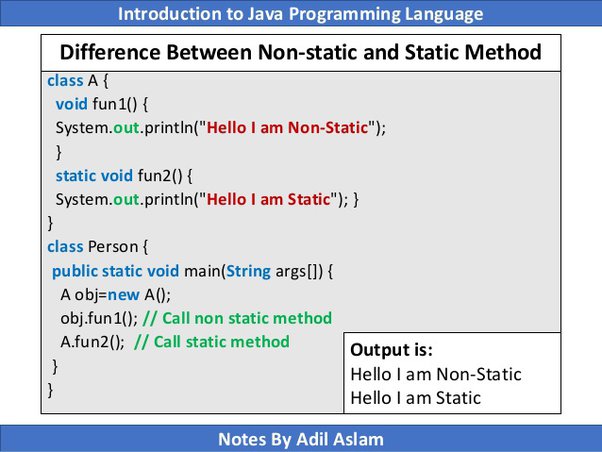
To understand instance methods better, let's consider two types of methods: static and instance methods.
Static Methods
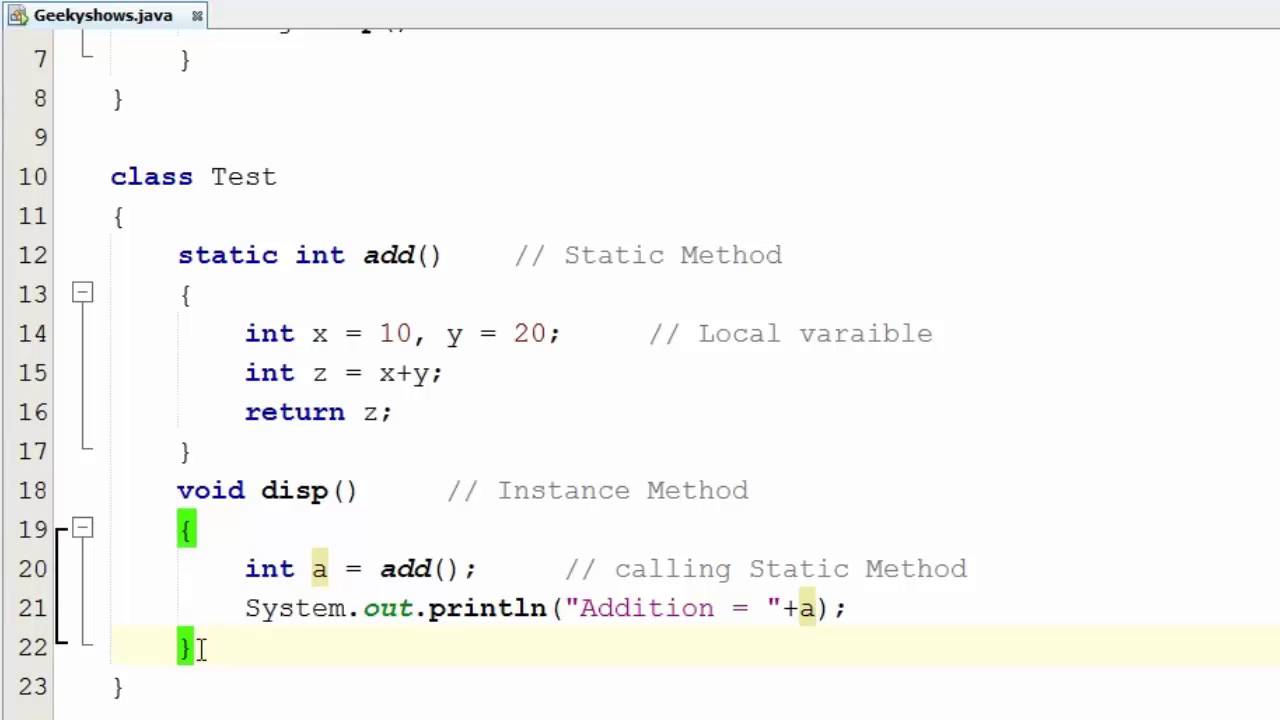
A static method is a method that can be executed without creating an instance of the class. Static methods belong to the class itself and are not associated with any specific object. When you call a static method, you don't need an instance of the class. You simply use the class name followed by the dot operator (.) to invoke the method.
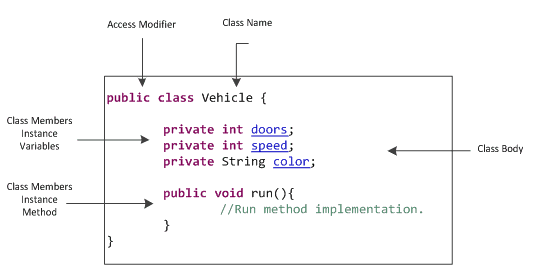
For example:
public class Calculator {
public static int add(int a, int b) {
return a + b;
}
}
// Calling the static method
int result = Calculator.add(2, 3);
In this example, we can call the add method without creating an instance of the Calculator class.
Instance Methods
An instance method is a method that requires an instance of the class to be executed. Instance methods belong to the object and operate on the specific object's state. To access an instance method, you need to create an instance of the class and then call the method using the dot operator (.) followed by the instance name.
For example:
public class Employee {
private String name;
public void setName(String name) {
this.name = name;
}
public void sayHello() {
System.out.println("Hello, my name is " + name);
}
}
// Creating an instance and calling the instance method
Employee employee = new Employee();
employee.setName("John");
employee.sayHello(); // Output: Hello, my name is John
In this example, we create an Employee object (employee) and call its sayHello() method using the dot operator. The sayHello() method operates on the state of the Employee object (i.e., its name property).
Key differences between instance methods and static methods:
Scope: Instance methods operate on an individual object, while static methods belong to the class itself. Access: You need an instance of the class to call an instance method, whereas you can call a static method without creating an instance. State: Instance methods can access and modify the state of the object, whereas static methods do not have direct access to any specific object's state.In summary, instance methods in Java are methods that operate on individual objects after they have been instantiated from their class. They belong to the object and require an instance of the class to be executed. Instance methods allow you to manipulate the state of a specific object, making them essential for creating robust and maintainable software applications.
